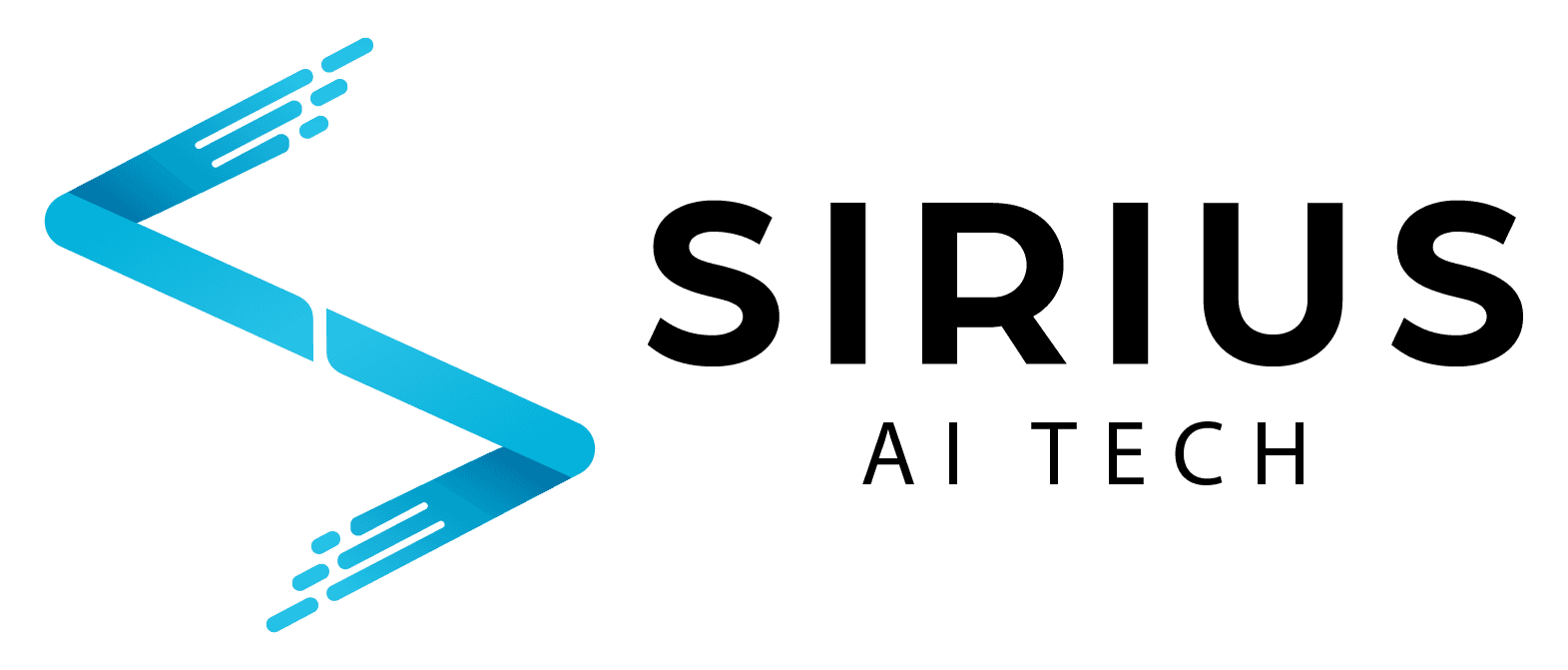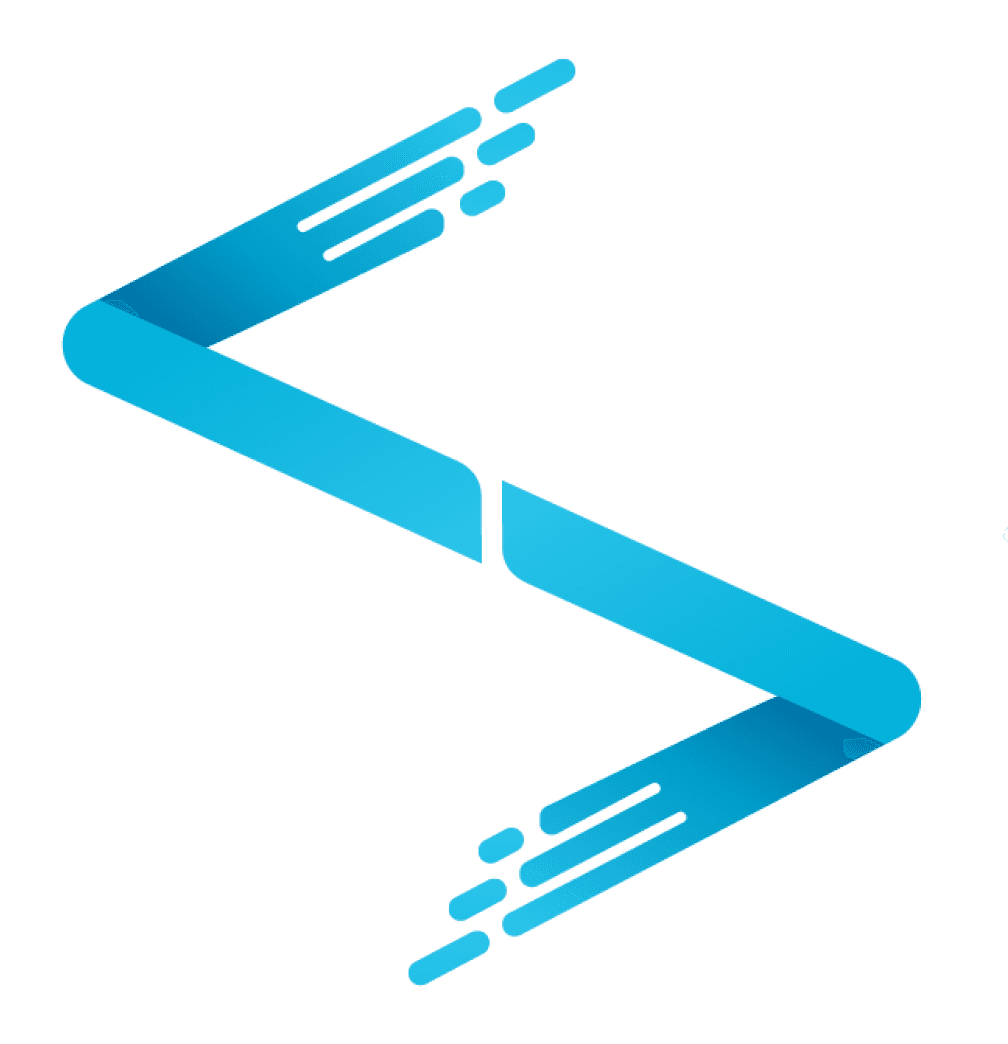The EU AI Act: A Barrier to Innovation or a Blueprint for Responsible AI?
Explore how the EU AI Act reshapes innovation, ethics, and compliance in AI—and how Sirius AI Tech helps businesses adapt responsibly.
Blog >
The EU AI Act: A Barrier to Innovation or a Blueprint for Responsible AI?
Artificial intelligence is no longer the stuff of science fiction, it’s an everyday reality reshaping industries, decision-making, and society. But with great power comes great responsibility. That’s exactly what the European Union’s AI Act seeks to address.
On the surface, the AI Act introduces regulations. But at its core, it raises a bigger question: Can innovation thrive under ethical boundaries, or do regulations limit progress?
Let’s explore what this groundbreaking legislation means for businesses, developers, and the future of AI worldwide.
What Is the EU AI Act?
The EU AI Act, adopted in early 2025, is the world’s first comprehensive law designed to regulate AI systems based on risk classification. Inspired by GDPR’s data protection model, this law aims to build a safer digital future by categorizing AI use cases into four tiers:
Minimal Risk – e.g., spam filters, basic chatbots
Limited Risk – e.g., simple recommendation systems
High Risk – e.g., biometric surveillance, hiring algorithms, healthcare tools
Unacceptable Risk – e.g., social scoring systems, manipulative AI → Banned
The intent? To protect user rights, ensure transparency, and still allow room for technological advancement.
Why Tech Companies Are Nervous
While the intention is noble, many tech companies view the AI Act with concern. Here's why:
🧾 Increased paperwork and documentation requirements
🧪 Longer testing and certification cycles
💸 Higher compliance costs
🐢 Slower go-to-market timelines
🌍 Reduced agility in a globally competitive landscape
Even OpenAI’s CEO, Sam Altman, warned that such regulations might push smaller innovators out of the ecosystem, leaving room only for well-funded giants.
But What Happens Without Regulation?
Let’s flip the script. What if we don’t regulate AI at all?
⚠️ Deepfakes and synthetic media could spread unchecked
⚠️ Biased algorithms could decide hiring outcomes or deny loans
⚠️ Surveillance technologies might be used without consent
⚠️ Critical decisions could be made by systems with no human oversight
The risks are not hypothetical, they’re already here. And while tech moves fast, trust moves slowly.
The AI Act aims to bridge this trust gap by setting clear expectations and boundaries for what’s acceptable and what’s not.
The “Brussels Effect”: Why This Law Will Go Global
Think this is just Europe’s issue? Think again.
The EU has a long history of setting global digital standards. Just as GDPR became a de facto global framework for data privacy, the AI Act is likely to shape product development well beyond Europe’s borders.
This is known as the “Brussels Effect” where non-EU companies voluntarily comply with EU regulations to maintain market access. For tech firms, aligning with the AI Act could mean:
Future-proofing against similar laws elsewhere
Building consumer trust across geographies
Gaining a competitive edge through ethical leadership
What’s Actually Required?
The AI Act doesn’t outlaw AI it refines it.
If you’re building or deploying high-risk AI systems, you’ll need to:
Prove transparency: Clearly communicate what the AI does
Show human oversight: Ensure people can intervene if needed
Demonstrate accuracy and robustness
Maintain risk assessments and audit trails
Ensure non-discrimination in data and decision-making
For minimal or limited-risk tools like chatbots or recommendation engines the rules are lighter, but transparency still matters.
Innovation vs. Regulation: A False Binary?
The common fear is that regulation kills innovation. But is that really true?
History suggests otherwise. From automotive safety standards to food labeling laws, clear rules often drive better innovation by setting higher expectations.
As Sirius AI Tech, we believe the goal should never be to suppress creativity but to channel it responsibly.
💡 The real question isn’t “How can we avoid rules?”
It’s: “How can we innovate within ethical frameworks that benefit everyone?”
What Should Businesses and Developers Do Now?
Whether you're building AI models or integrating them into workflows, here’s how to prepare:
✅ Embrace transparency
Use explainable AI models and communicate clearly with users.
✅ Conduct impact assessments
Evaluate potential bias, privacy risks, and unintended consequences.
✅ Collaborate across teams
Regulation is not just a legal issue it involves developers, ethicists, marketers, and users.
✅ Adopt flexible tools
Leverage platforms like Sirius AI Tech to build systems that are agile, auditable, and adaptable to future rules.
How Sirius AI Tech Supports Ethical AI
At Sirius AI Tech, we don’t see regulation as a burden, we see it as an opportunity to lead.
Our solutions are built around transparency, accountability, and adaptability. Here’s how we help organizations thrive under evolving regulations:
Customizable AI systems aligned with risk levels
Real-time data governance and reporting
Built-in ethical AI design patterns
Automation tools with human-in-the-loop capabilities
Cross-industry adaptability for finance, logistics, HR, and more
In a world where AI regulation is inevitable, we help you stay compliant without compromising agility or impact.
Looking Ahead: The Future of AI Is Governed
The AI Act is just the beginning. Over the next decade, expect:
🌐 More countries introducing similar laws
📊 Tighter compliance and audit systems
👥 Greater demand for ethical AI professionals
🔄 Increased collaboration between public and private sectors
Governance and Growth Can Coexist
Yes, AI laws add layers of complexity. But they also offer structure, direction, and trust the same elements that helped the internet, healthcare, and automotive industries evolve responsibly.
As innovators, we don’t just build the future we shape how it’s governed.
The EU AI Act might feel like a regulatory wall today, but it could turn out to be the foundation on which the next generation of safe, transparent, and inclusive AI is built.
Let’s not just code faster. Let’s code smarter, safer, and more human.
Related Blogs

The EU AI Act: A Barrier to Innovation or a Blueprint for Responsible AI?
Explore how the EU AI Act reshapes innovation, ethics, and compliance in AI—and how Sirius AI Tech helps businesses adapt responsibly.
Read

Small Business, Big Impact: How AI Agents Can Boost Your Competitive Edge
Discover how AI agents can boost your small business's efficiency, enhance customer service, and drive growth. Unlock your competitive edge today!
Read

Celebrating Pioneering Women in Artificial Intelligence: Inspiring Stories and Impactful Contributions
The inspiring journeys and groundbreaking contributions of pioneering women in artificial intelligence. Explore the importance of ethical AI, diversity, and inclusivity in technology.
Read
Topics
#
Sirius AI Tech
#
Seferi
#
Lobster Lead
#
CV US
#
Boss AI
#
Quantum
#
Calling AI
#
News
#
Resources




